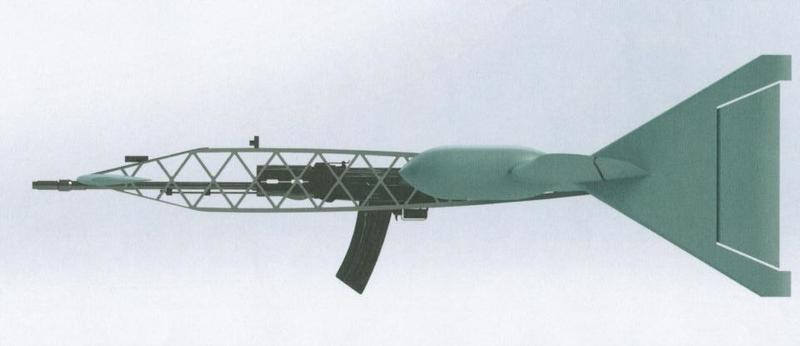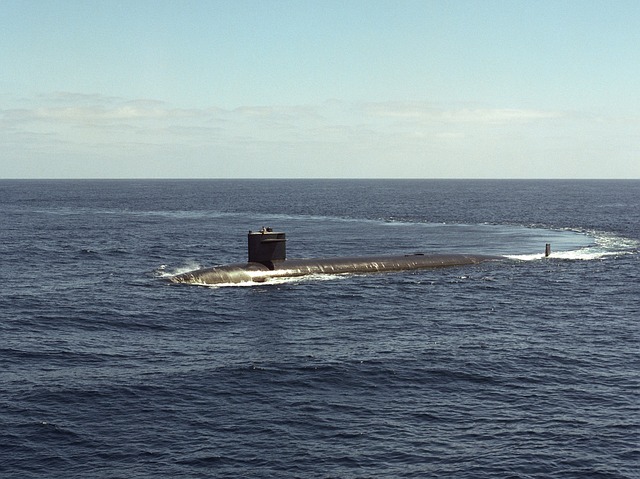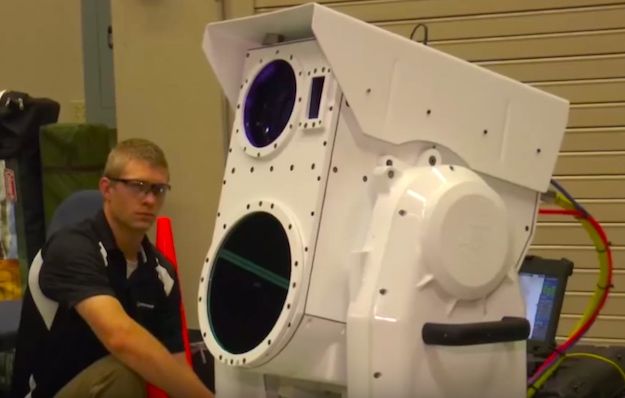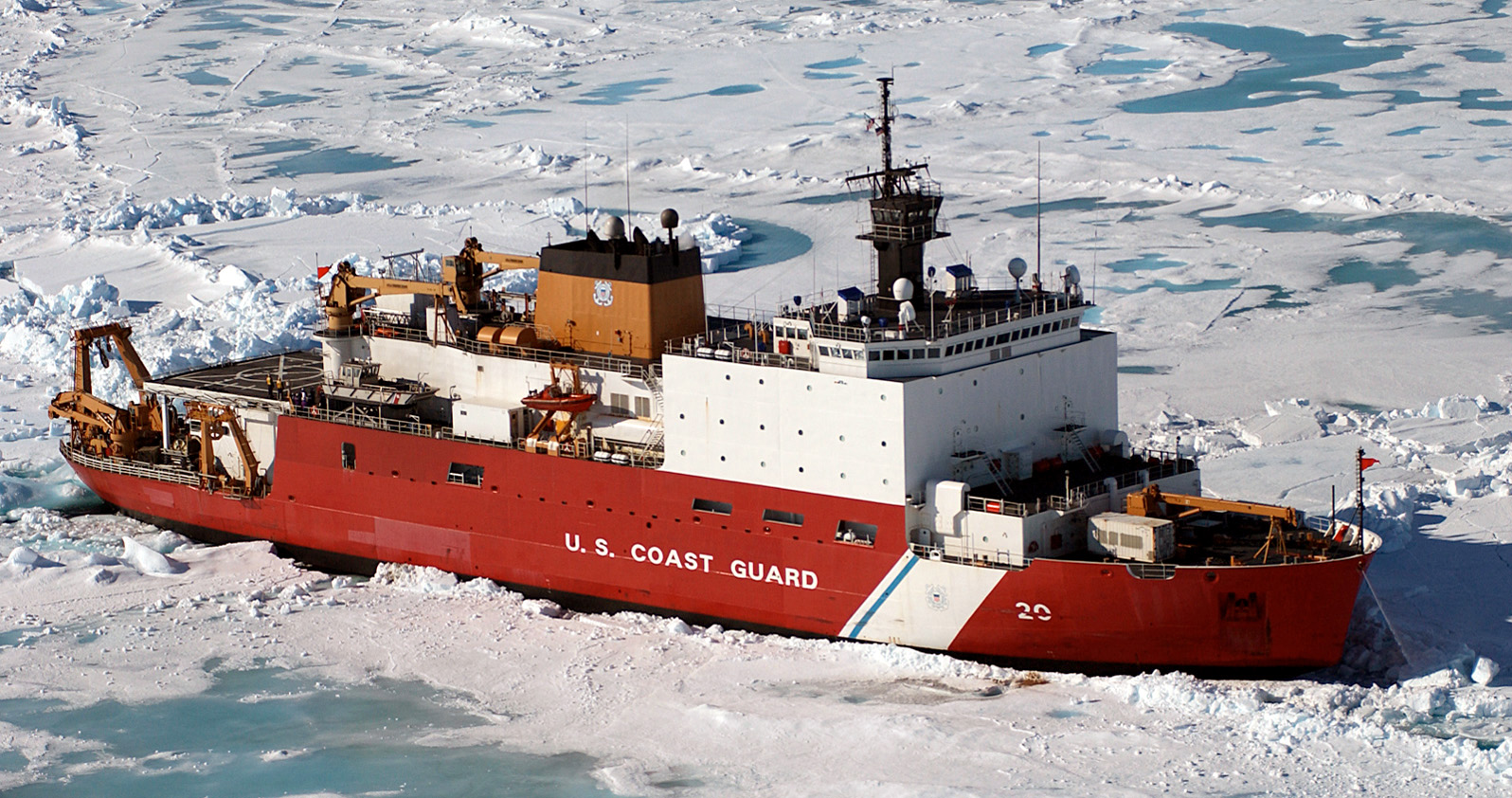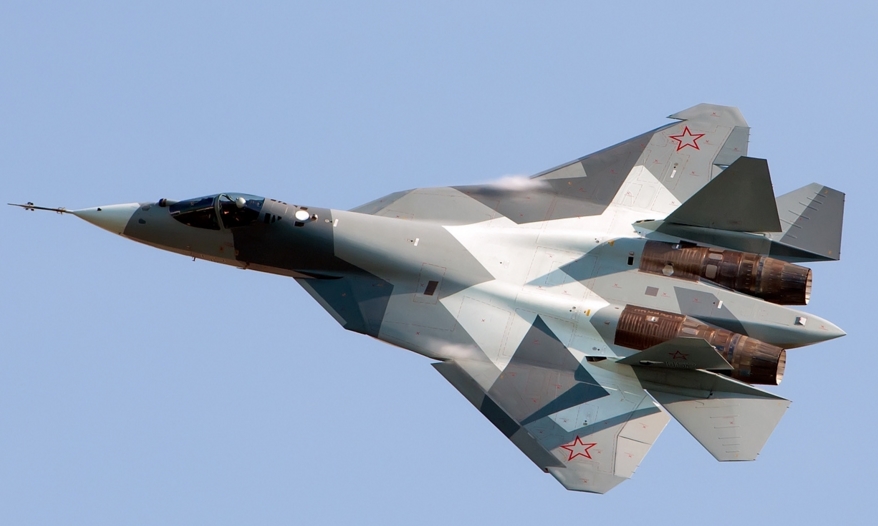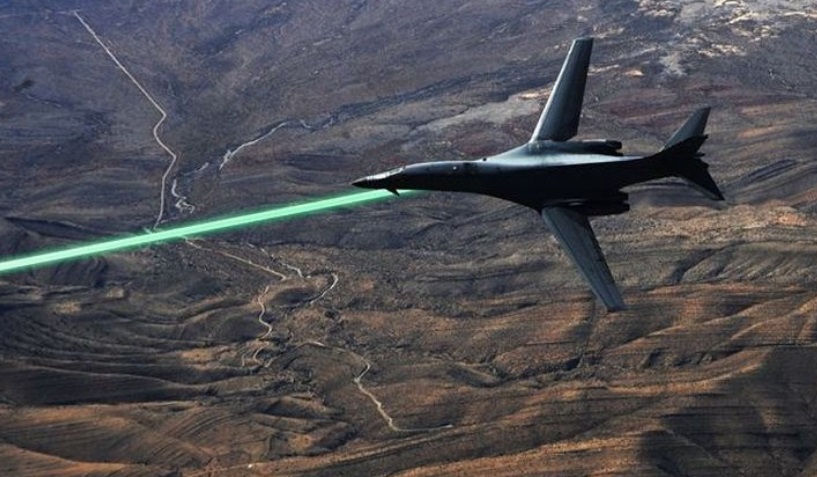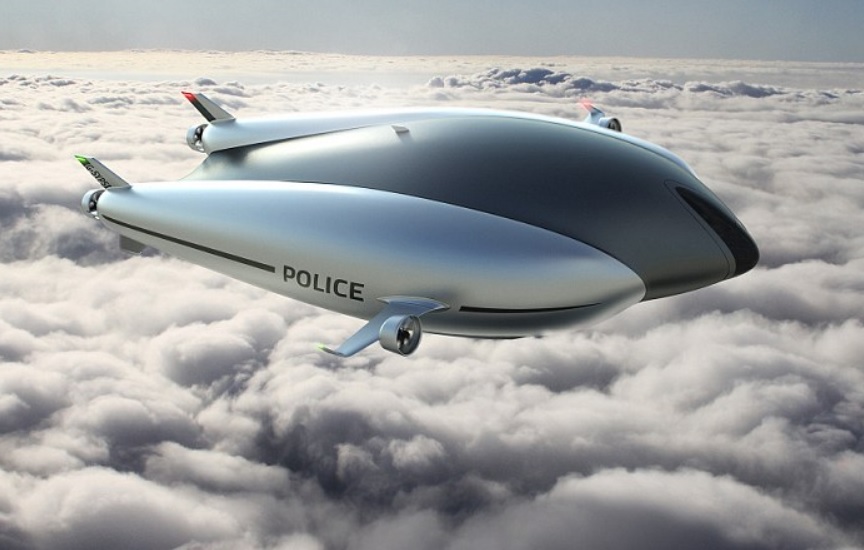U.S. fake news media claims geoengineering is a “conspiracy theory” while China and Russia work together to “modify the atmosphere”
03/28/2019 / By Tracey Watson

In the United States people who believe in geoengineering are largely viewed as conspiracy nuts. Nonetheless, mainstream media outlets around the world have recently been reporting on it as a normal, logical governmental intervention that they believe shows great promise in the fight against climate change. In fact, as far back as 1965, scientists began urging the U.S. government to manipulate the atmosphere to offset the changes caused by the release of carbon dioxide and the burning of fossil fuels.
The U.K.’s Royal Society calls this type of interference “deliberate large-scale manipulation of the planetary environment,” and countries around the world are involved in it, whether they admit it or not. While some hope to manipulate the planet’s environment as part of their perceived fight against global warming, many other countries have been involved in geoengineering for decades for military purposes.
As reported by the South China Morning Post, China and Russia recently collaborated on a series of controversial experiments to manipulate the Earth’s atmosphere in a bid to control the ionosphere, the part of the atmosphere that contains high levels of ions and free electrons which allow radio signals to bounce long distances. (Related: New research exposes the risks of geoengineering to artificially intervene in global warming.)
The race to control the ionosphere
As reported by the Post, scientists from the two countries carried out five experiments in June last year in an attempt to modify the ionosphere.
Military powers across the globe have been trying for decades to gain control of the ionosphere. The ability to manipulate this part of the atmosphere would enable high-end communication with submarines, facilitate interference with enemy satellite communications, allow for manipulation of the weather and the production of natural disasters, and even affect the operation of human brains. (Related: Geoengineering programs to accelerate methane release, pushing planet toward doomsday.)
The Post reported as follows on the experiments that were conducted:
A total of five experiments were carried out in June. One, on June 7, caused physical disturbance over an area as large as 126,000 sq km (49,000 square miles), or about half the size of Britain.
The modified zone, looming more than 500km (310 miles) high over Vasilsursk, a small Russian town in eastern Europe, experienced an electric spike with 10 times more negatively charged subatomic particles than surrounding regions.
In another experiment on June 12, the temperature of thin, ionised gas in high altitude increased more than 100 degrees Celsius (212 degrees Fahrenheit) because of the particle flux.
The particles, or electrons, were pumped into the sky by Sura, an atmospheric heating facility in Vasilsursk built by the former Soviet Union’s military during the cold war.
The Post went on to explain that the Sura base proceeded to send high-powered antennas and microwaves into the high atmosphere. Information was then collected by Zhangheng-1, a Chinese electromagnetic surveillance satellite, using special high-speed sensors which can analyze samples every half second.
The researchers reported in their study, published in the journal Earth and Planetary Physics, that the experiment results were “satisfactory.” They noted that, “The detection of plasma disturbances … provides evidence for likely success of future related experiments.”
Despite the controversy associated with the experiments and the unusual nature of the Chinese/Russian cooperation in this study, the research team insists that they are “not playing God,” and that the experiments are “pure scientific research.”
Still, there are real ethical concerns about studies like these. As noted by the Post, theoretically even the sound of a butterfly flapping its wings could be amplified by a sophisticated geoengineering system and cause a storm several weeks later in a distant location.
For this reason, Professor Gong Shuhong, a military communication technology researcher at Xidian University, stresses the need to “strictly follow ethical guidelines” in conducting such research.
But that’s not likely to happen, is it?
Learn more at Geoengineering.news.
Sources include:
Tagged Under: brain function, chemtrails, climate control, Communications, environment, future tech, future warfare, geoengineering, ionosphere, military tech, military weapons, national security, radio waves, real investigations, satellite communication, submarines, weather control


